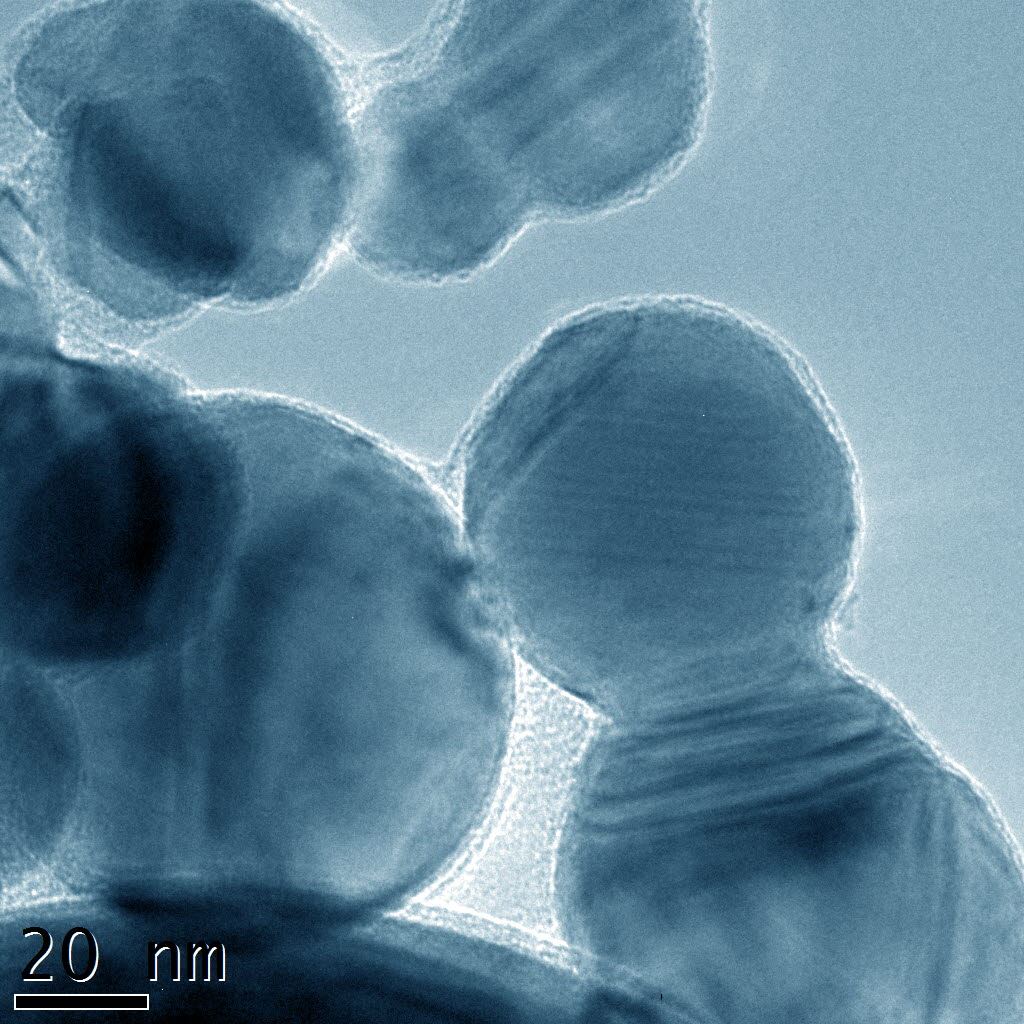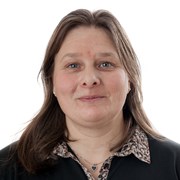The BUONAPART-E project aims to demonstrate that a physical nano-particle synthesis process can be economically scaled-up to yield 100 kg/day production rate, which is the target rate mentioned in the Call Topic. The process is simple, versatile, and reliable. It avoids chemical precursors and solvents, while fully recycling the necessary inert carrier gas, resulting in a minimal impact on the environment. The process does not necessitate external heating of the inert gas, thereby keeping energy consumption low.
Experimental results as well as literature data indicate that an energy efficiency of 100 kWh/kg has been reached for a single unit. The challenge addressed in BUONAPART-E, which can only be met with new knowledge of the hitherto unknown fundamental mechanisms taking place, is to obtain an increase in the production rate, while retaining energy efficiency. The process allows for the synthesis of different materials using the same production platform. The basic evaporation unit (called hereafter the Optimal Single Unit or OSU) is a set of electrodes. A large number of these units can be placed in a single housing, contributing to the cost-effectiveness of the process. The use of many single production units in parallel, which can be thoroughly optimized and tested on a lab scale for a given material, ensures that a highly-effective scale-up of the synthesis process in terms of cost and energy consumption is possible. Further equipment, such as pumps, power supply to the OSUs and the particle collection unit, can be scaled-up as single units leading to additional cost benefits.
Buonaparte – Better Upscaling and Optimization of Nanoparticle and Nanostructure Production by Means of Electrical Discharges
The main goal of the BUONAPART-E is to increase the production rate of a single basic unit in which the evaporation of the raw material is done by electric means by a factor of 10 to 100 and to implement necessary monitoring and collecting tools to ensure high quality product delivery.
Contact person

Key facts
Project duration
2012 - 2016
Further information:
CORDIS, Project reference: 280765
